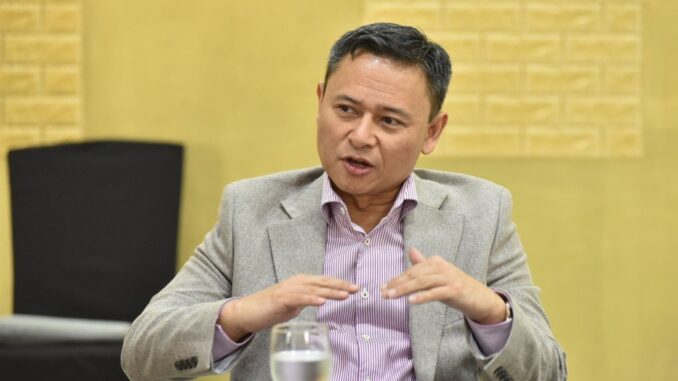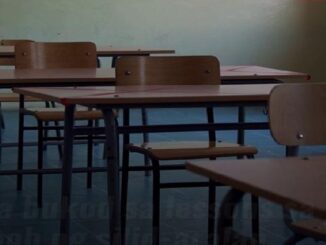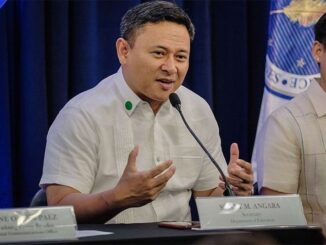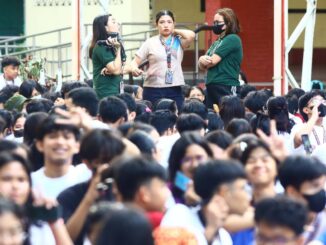
MANILA, Philippines — The Philippines should consider sending its top students to study abroad as part of the government’s support for gifted learners, Education Secretary Sonny Angara said, following findings that only 1% of the country’s “best and the brightest” benefits from state support through science high schools.
The government has focused so long on increasing access to education that “we forgot about quality,” Angara said during an interview on OneNews’ “Thought Leaders” on Friday, October 25.
Angara said the Department of Education (DepEd) is already working to address the latest finding from the Second Congressional Commission on Education (EDCOM 2) that only 1.03% of the country’s 27 million learners are enrolled in special science programs or science high schools. This includes the Philippine Science High School System of the Department of Science and Technology.
Extremely limited slots in these state science high schools and programs could be keeping the government from reaching hundreds of thousands of students with unrealized potential, according to EDCOM 2 Executive Director Karol Yee, who shared these findings in a roundtable discussion last week.
For Angara, there is a need to “up our game” to support academically talented students, which he said may include a government-backed study abroad program, “because that’s what a lot of our neighbors are doing.”
He cited the success of Singapore, where several government ministers were educated at prestigious overseas universities through state scholarships. “They invested in their people and they’re now reaping the returns,” Angara said.
“We had a program like that called the Pensionados for government scholars, but we kind of forgot about it,” he added.
The education chief was referring to the Philippines’ colonial-era Pensionado program, a government scholarship that sponsored about 500 Filipino students aged 16 to 21 to study in the United States from 1903 to 1943.
The Pensionado program — once the largest American scholarship initiative before the Fulbright program’s establishment in 1948 — sent Filipino students to the US on fully funded scholarships provided by the American colonial government. The scholars, known as “Pensionados” (Spanish for pensioner) were trained to return as leaders in public service and academia in the Philippines.
In 2013, during Angara’s first term as senator, he filed a bill proposing a modern version of the Pensionado program where exceptionally talented Filipino workers would be sent to study abroad with pay.
The DepEd chief acknowledged that while Filipinos “aren’t the most outward-looking culture,” there is a need to be “more international in a way and be conscious of our place in the world.”
“Because we wanted to make sure everyone had access to education, we forgot about pushing the envelope of quality,” Angara said.
“That’s the point of EDCOM, and we’re going to look at that moving forward,” he added.
EDCOM 2 findings show that the Philippines supports only 1% of its top students in basic education, while countries like China and South Korea invest in their top 3%. In Australia and Europe, support reaches up to the top 10%.
Yee said the education system can reap the gains of supporting more talented students based on the 2018 results of the Programme for International Student Assessment.
In the 2018 edition of the international assessment, test-takers from two science high schools, Pasig City Science High School and Regional Science High School for Region VI, scored higher than the OECD average, Yee said.
Globally, the Philippines continues to be a laggard in science, mathematics and reading, with the latest PISA results showing just less than a quarter of Filipino students have the minimum proficiency in all three subjects.
To prepare for the next PISA test in 2025 — which will include more questions on science — DepEd is working on the rollout of a nationwide special science program where students will practice taking tests with PISA-like questions.





Be the first to comment